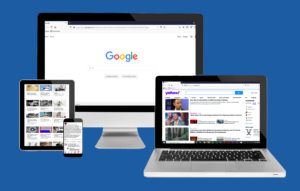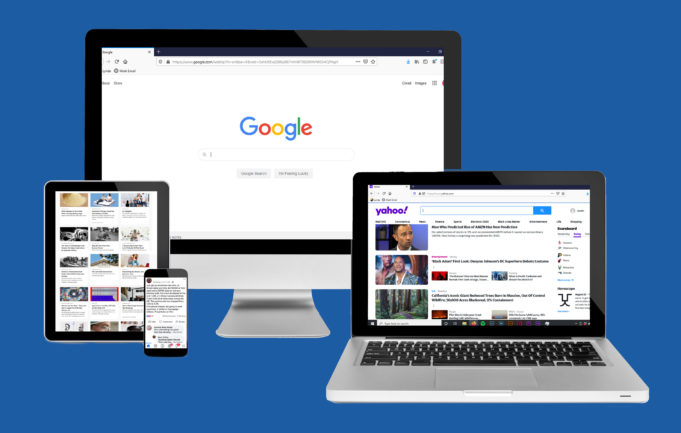4 Tips for Spotting Misinformation Online
 By Pete Alberti — Kentucky Health Solutions
By Pete Alberti — Kentucky Health Solutions
The internet gives us access to a nearly limitless amount of articles, videos and images. If you have a question about your health and take a moment to Google it, you can find a ton of answers within seconds.
But, not all of the resources that pop up in your search results provide helpful, or even correct, information.
How do you separate what’s true from what’s not? Here are a few tips to keep in mind.
1. Check Your Sources
It’s easy for incorrect health information to be presented as trustworthy, especially if it confirms something people may want to believe. Before you decide whether or not a piece of health information is legitimate, ask yourself:
- Do you recognize the publication’s name?
• Is the source considered reputable in the health care space?
• Is the author of the piece a confirmed expert on the topic or a seasoned journalist who covers the health space?
 2. Fact Check
2. Fact Check
Just because you found a single source doesn’t guarantee that the health information you read is 100% true. Take a few minutes to fact check and verify what you’ve read. Look for more than one reputable source on the same topic.
3. Be Careful on Social Media
Social media can be a wonderful tool that connects people to one another, but it’s also the perfect way to spread inaccurate information very quickly. Misinformation proliferates on sites like Facebook, and anyone can easily share an eye-catching article or video. If you see a post containing health information, look at it with a critical eye.
4. Ask a Professional
Often, telling the difference between real and fake health content is surprisingly tricky. Before you make any decisions that could impact your health, talk to a health care professional.
This sponsored feature also appears on page 16 of the 2020 Annual Senior Living Lexington Guide.
Call today to advertise in the 2021 Annual Senior Guide, 859.361.4169









